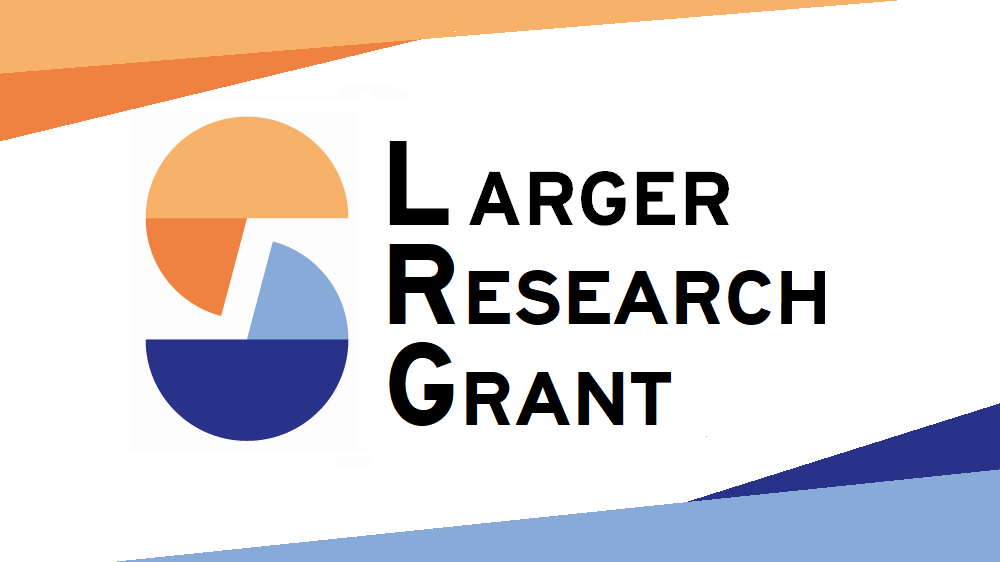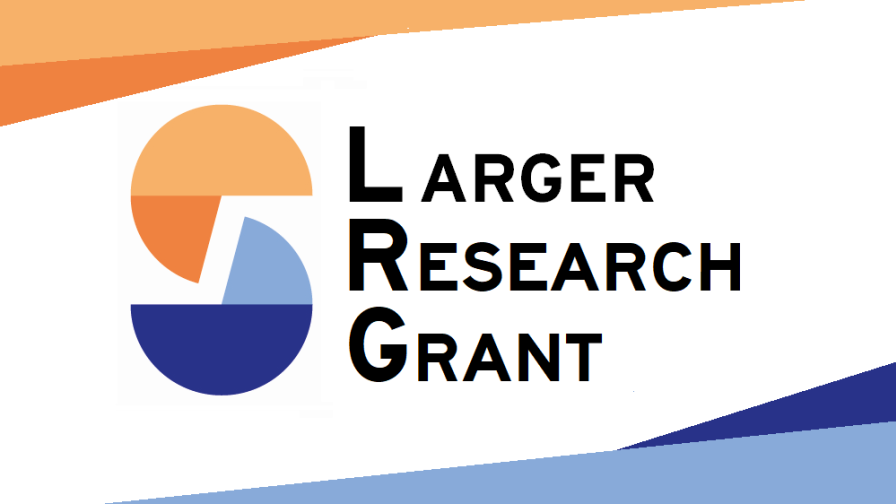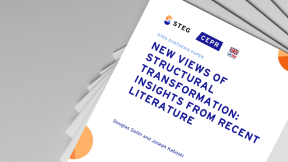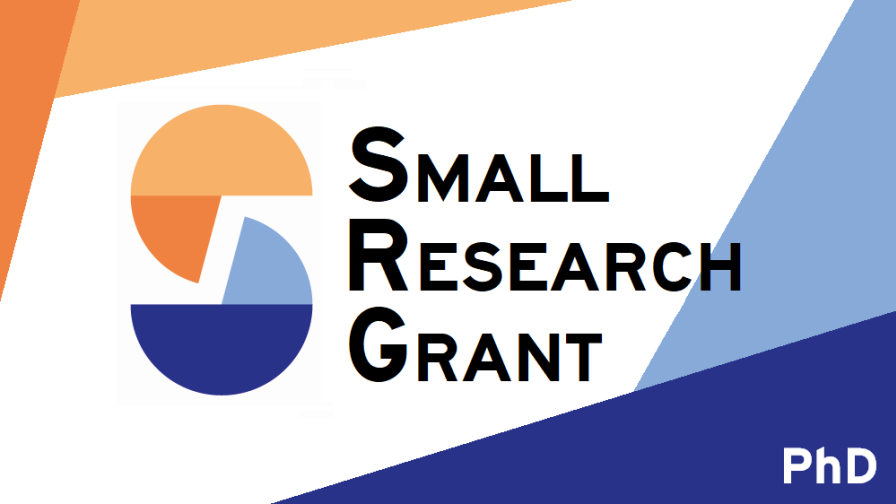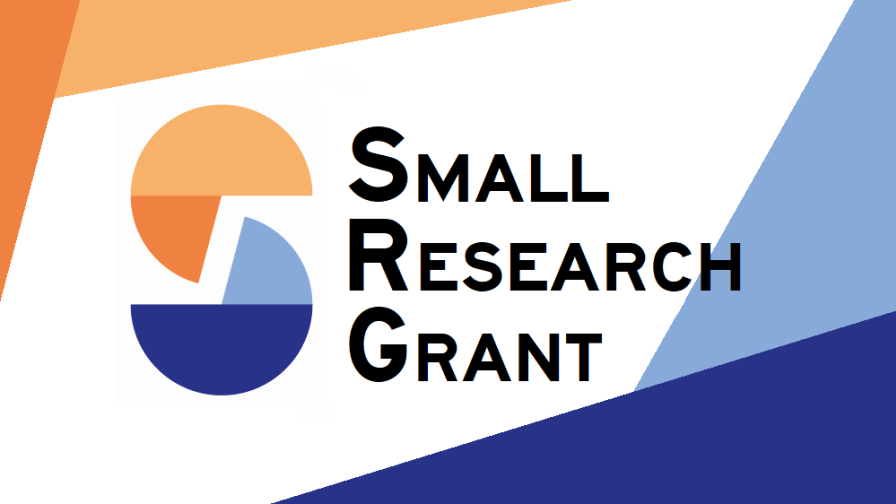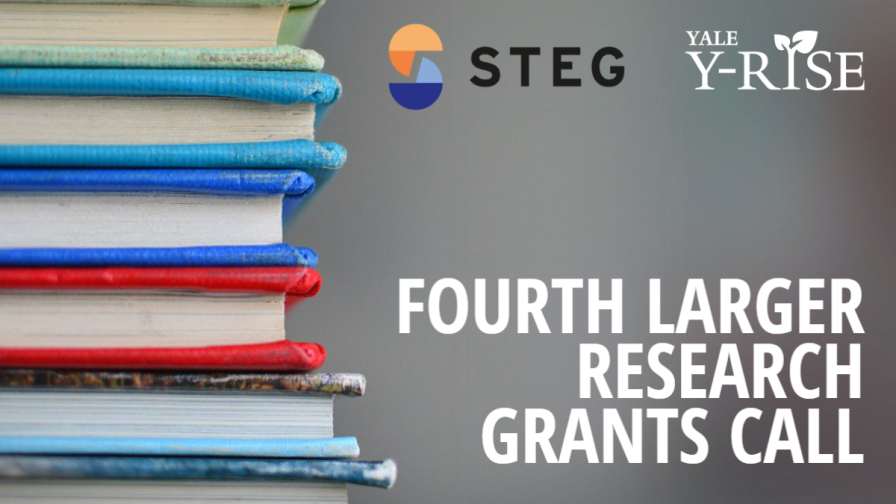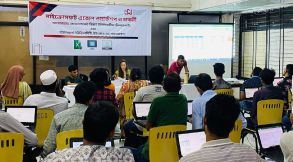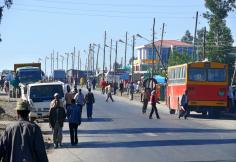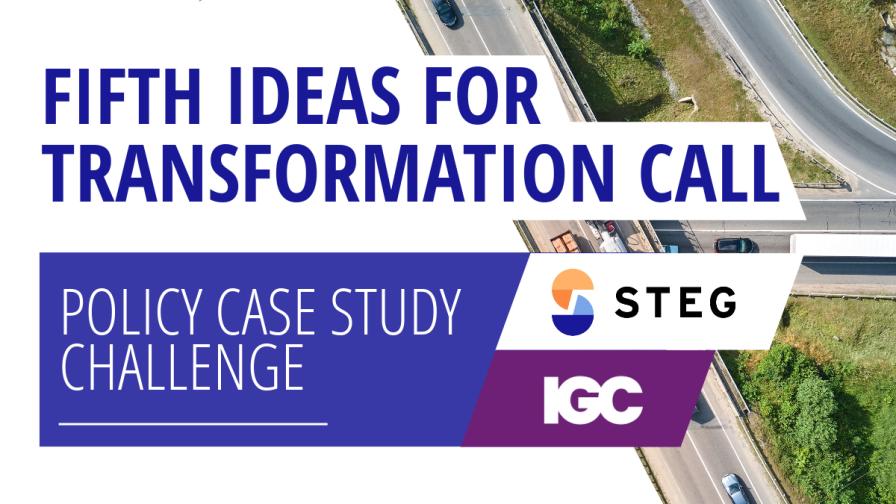Financial institutions play a pivotal role in mitigating poverty, stimulating investment, and fostering well-being during the early phases of structural transformation. However, expanding the effectiveness and scale of the financial sector in low-income countries poses a persistent challenge. This project aims to explore the impact of mobile technologies in enhancing access to formal banking systems.
The arrival of internet has brought significant changes to various aspects of society, including political engagement, employment opportunities, social media, and trade patterns. In this paper, we focus on the financial system. Specifically, our objective is to empirically investigate how the availability of the internet impacts individuals' behaviour and decision-making by reducing the costs associated with information acquisition. We will show how high-speed internet through mobile technologies facilitates the transition from microfinance to the banking sector.
The empirical analysis focuses on Rwanda. We use comprehensive loan-level data from the Credit Reference Bureau, along with yearly geolocated information on mobile phone coverage in Rwanda from the GSM Association for the period 2008-2016. To address endogeneity in internet diffusion, we use two instrumental variables: lightning strikes frequency, which negatively affects mobile connectivity, and the “incidental coverage” proposed by Björkegren (2019), which relies on the heterogeneous costs of covering different areas depending on their position relative to the pre-existing electric grid. Our results suggest that mobile internet positively impacts the probability of borrowers accessing formal bank credit, leading to a shift from microfinance institutions to commercial banks. What is more, we provide evidence of the direct and indirect effects of the internet in improving information in linked markets. In particular, we show that mobile internet promotes the market for land certificates, creating a second-round effect on bank credit through the collateral channel.
The research findings have the potential to significantly assist in formulating targeted policies that encourage credit expansion, enhance productivity, and improve financial inclusion. The study presents compelling evidence regarding the transformative capacity of mobile internet within the formal banking sector, emphasizing its role in closing information gaps to facilitate greater credit accessibility. In addition, this research will contribute significantly to the academic discourse on financial and development economics by exploring three distinct areas of literature. Firstly, the study aims to enhance our understanding of how IT technologies influence the banking sector. Secondly, the research aligns with existing literature on internet technologies, examining their effects on information access and dissemination: it underscores both direct improvement in borrower information and indirect impacts on related markets. Lastly, it links to the literature on land titles and credit access, unveiling the connection between new internet technologies, land certificates, and access to formal banking.
